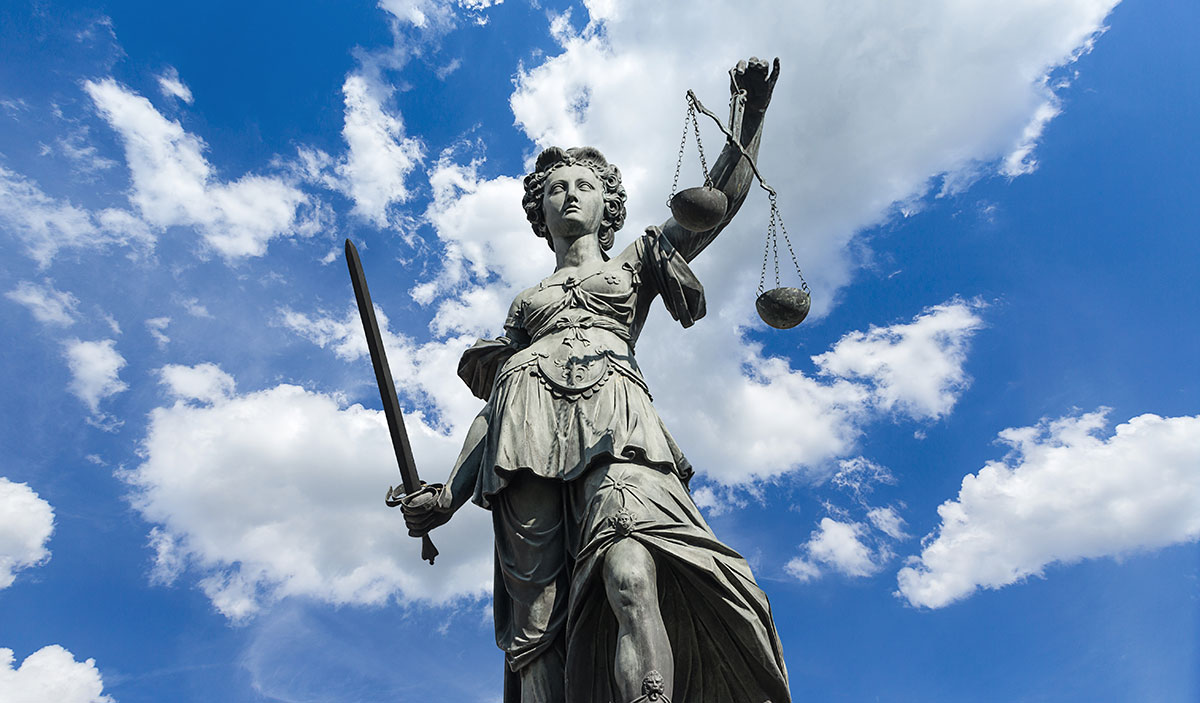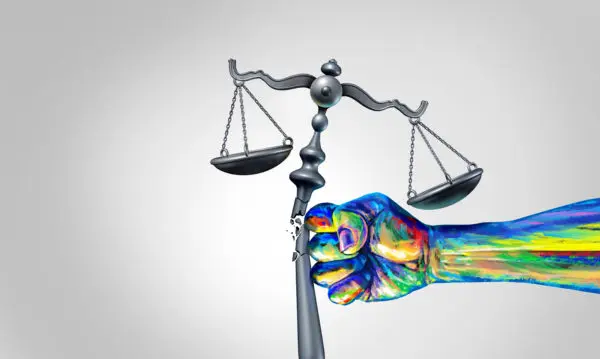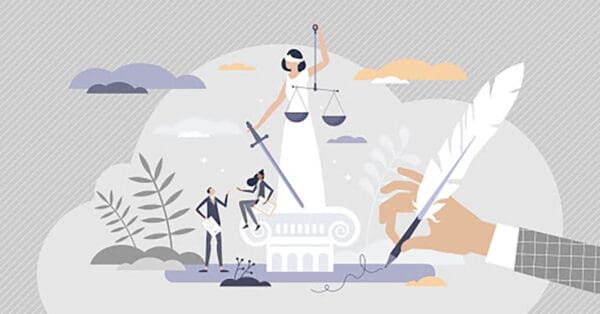Author: Serena Wu, Esq.
After over five decades of prohibition, there is a growing interest in psychedelics as they re-emerged into public discourse and research. Most psychedelics, such as LSD, psilocybin, ibogaine, MDMA, DMT, and mescaline, are Schedule I substances, which means that the DEA considers them to “have no currently accepted medical use in the United States, a lack of accepted safety for use under medical supervision, and a high potential for abuse.” However, the research in the U.S. and abroad is showing otherwise. From religious use as sacraments to medical therapeutic applications, the laws governing psychedelics have shifted in significant ways. For example, there are over 70 clinical studies involving psychedelics in the U.S.; Oregon legalized therapeutic use of psilocybin; and a wave of local decriminalization initiatives passed and sprouted nationally. The laws regulating psychedelics, however, may seem confusing as they evolve and grow in complexity. Below is a brief snapshot of the current legal landscape for psychedelics in the U.S. This snapshot list is illustrative and may not be exhaustive.
Federal
While most psychedelics are Schedule I substances, there are legal access points on the federal level.
- In the United States, Ketamine is legal and FDA-approved for anesthesia. Once approved, doctors may prescribe ketamine for off-label purposes, such as depression and anxiety. Ketamine has been used to treat depression for over ten years. Since ketamine requires a prescription, it can only be used legally in a clinical setting or under the care of a licensed professional.
- Psychedelics, such as MDMA and psilocybin, are also used legally in FDA-approved clinical research to treat patients with depression, PTSD, or other mental health conditions. To receive these treatments with these substances, a person must qualify to participate in the clinical trials.
- People who do not qualify for the clinical trials could get access through an expanded access program. For terminally ill patients, they could work with their doctors to petition the FDA for compassionate use of investigational drugs, such as MDMA and psilocybin. Alternatively, patients with immediately life-threatening diseases or conditions could petition the drug developer for access to investigational drugs under the Right to Try Act. There are unique challenges to these processes.
- Some individuals use certain psychedelics, such as ayahuasca, as a sacrament to exercise their religious faith and practice. These visionary churches rely on the Religious Freedom Restoration Act to protect their sincere religious exercises involving certain psychedelics. However, this type of use is not without risks and exposure to potential prosecution.
State
- In 2020, the State of Oregon voted to legalize the therapeutic use of psilocybin, as well as decriminalized by re-classifying the penalties for possession of psilocybin and other substances. Oregon has two years to create regulations to govern the therapeutic use of psilocybin.
- 41 states have their own version of the federal Right to Try Act.
Local Decriminalization
Many local jurisdictions around the United States have passed decriminalization bills. Generally, decriminalization means that arrest, investigation and prosecution for the possession of certain psychedelics becomes low priority for enforcement. However, approved decriminalization initiatives do not render psychedelics legal in that local jurisdiction. Decriminalization is an important step forward on the path to legalize psychedelics. The following areas have decriminalized certain activities (e.g., possession of a small amount) with respect to psilocybin and other psychedelics.
- Washington, D.C.*
- California (Santa Cruz, Oakland*)
- Colorado (Denver)
- New Jersey
- Michigan: (Ann Arbor, Washtenaw County)
- Massachusetts: (Sommerville, North Hampton*, Cambridge)
* Have decriminalized possession of all psychedelics including ayahuasca, ibogaine, MDMA and others.
State Legislations In Progress
There are many states trying to follow a similar path that Oregon paved. The following states currently have psychedelic-related bills going through the legislative process:
- Florida – Rep. Michael Grieco (D) filed legislation to establish a legal psilocybin model for therapeutic use, similar to Oregon’s Measure 109.
- Connecticut – Rep. Josh Elliot (D) and others proposed a task force responsible for studying the medical benefits of psilocybin.
- California – Scott Weiner (D) championed state legislation to decriminalize possession and personal use of substances, including without limitations, psilocybin, MDMA, LSD, DMT and mescaline (excluding Peyote).
- Washington – Bipartisan legislation pushed for reducing the penalty for possession of psychedelics from felony to misdemeanor, and focusing on treatment options rather than incarceration.
- Texas – Legislation introduced by Rep. Alex Dominguez (D) passed in the House Public Health Committee to study the medical risks and benefits of psilocybin, MDMA and ketamine for treating veterans with PTSD.
Psychable prohibits all users from using the platform to facilitate any illegal activity including, but not limited to drug procurement, sale and other transactions. This article is for informational purposes and is not intended to provide legal advice.









